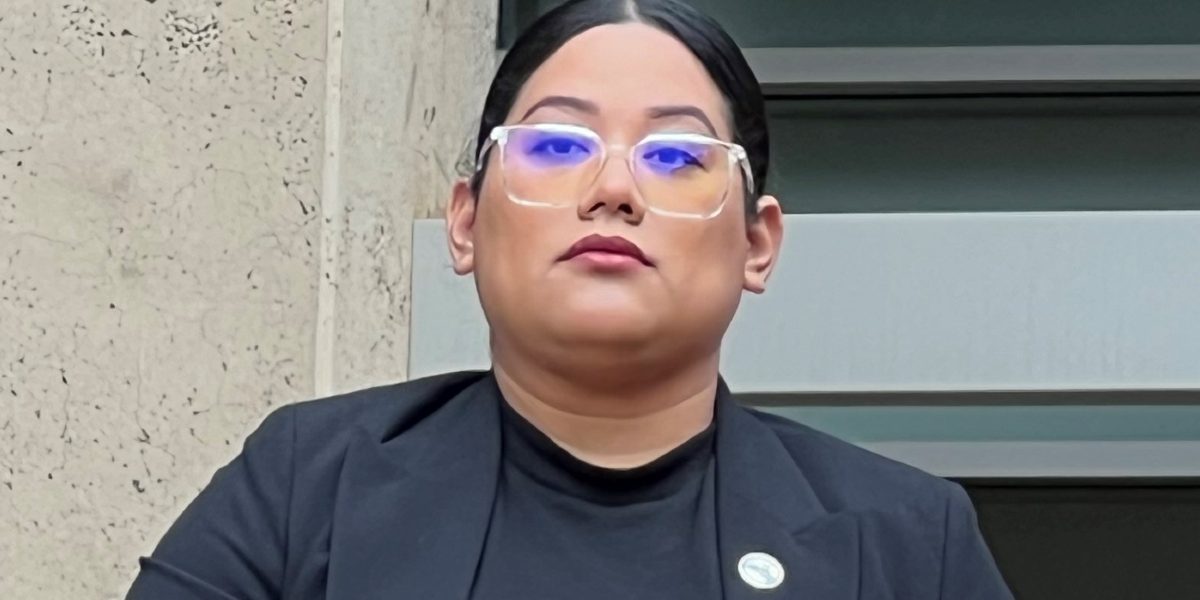The Santa Ana City Council on Tuesday certified the qualification of the petition to recall Councilmember Jessie Lopez and set the election for November 15.
The city council had deadlocked on the matter during its August 1 meeting, with Lopez and her allies objecting that recall proponents fooled voters into signing, and wanting to wait on a lawsuit to that effect that had just been filed by Lopez’s landlord – long-time Chicano activist Albert Castillo.
If the council had deadlocked again this week, it would then have been up to the OC Registrar of Voters to set a date for the recall election.
The recall was launched in late January of this year, with the active political and financial support of the Santa Ana Police Officers Association.
Lopez was narrowly elected in November 2020 from Ward 2, following the “summer of George Floyd” and widespread anti-police riots and protests across the nation – including Santa Ana. Lopez formed part of a new council majority that quickly demonstrated hostility toward traditional approaches to public order and law enforcement.
In June, recall proponents turned in 6,617 signatures. 5,274 valid signatures were necessary to qualify – a mark the proponents easily met with an 80% valid signature rate.
READ: Santa Ana: Recall Against Jessie Lopez Qualifies For Ballot
Councilmember Thai Phan was also targeted for recall, but proponents seem to have abandoned that effort.
Lopez and political allies such as Councilman Johnathan Hernandez have claimed she is being targeted because she is a woman and a Hispanic.
READ: Santa Ana: Councilmembers Lopez, Phan Play Gender, Race Cards In Attacking Recall Campaign
According to campaign reports, the SAPOA has spent $357,000 on the recall campaign.
Funding to fight the recall has come primarily from Lopez’s network of progressive activist allies around Orange County and cannabis interest, including the United Food and Commercial workers union and legal cannabis kingpin Elliot Lewis.
It is unclear how much Lewis is spending against the recall: according to multiple witnesses, his employees have been actively engaged in door-to-door campaigning against the recall for several weeks, yet Lewis has not filed any campaign disclosures.
Due to a change in state law that took effect this year, the recall election will not include a “replacement” ballot. Until now, a recall election posed two questions to voters: 1) Shall so-and-so be recalled? 2) If so, who shall replace so-and-so? If a majority of voters supported the recall, then the top vote getter on the replacement ballot took office.
Now there will simply be a yes-or-no recall question. In the wake of the successful Josh Newman and unsuccessful Gavin Newsom recalls and other recall attempts, the state legislature has passed laws designed to protect incumbents. Replacement ballot full of candidates urging their supporters to the polls tend to boost the “yes” vote in a recall election.
If Lopez is recalled, the council would have the opportunity to appoint a replacement, or failing that, schedule a special election.


